Four tips for complete beginners
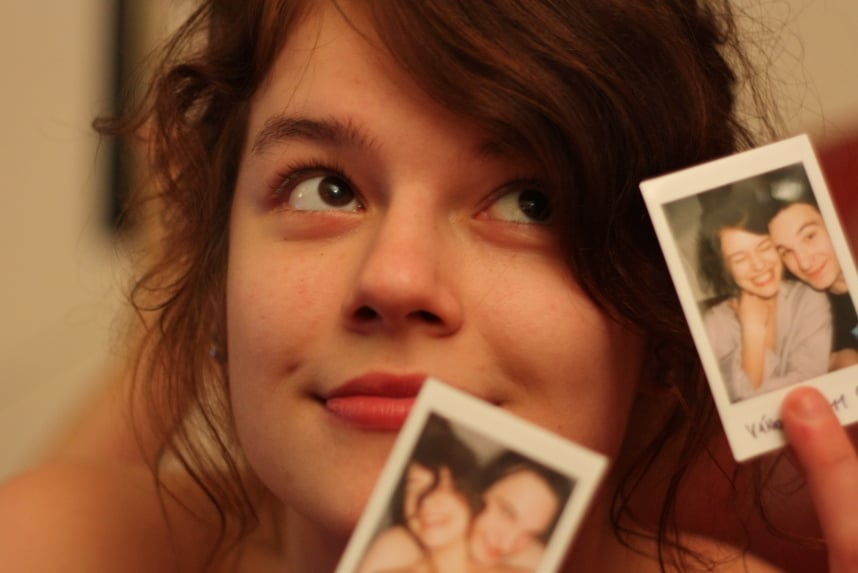
I have always wanted to “do photography.” But I just didn’t have enough time for it among all my other hobbies, and so learning to take photographs always stayed just an item on my wishlist. (Of course I’m choosing not to count vacation and party pictures from my compact as photographs here!) It was not until I started working at Zoner Inc. and surrounding myself with people obsessed with photography that circumstances kicked me into buying my first DSLR.
Beginnings are always hard, and you don’t learn much deep wisdom in just six weeks, but if you are still getting ready to take your first steps towards taking photographs from your first DSLR, perhaps this advice will be useful for you.
You see, just buying my first digital camera took me two months of research, asking questions like: Who takes pictures with what camera? What do the various technical specifications mean, what ranges do the prices move in, where is it most advantageous to buy, what dangers am I in for if I buy used?
If there is one thing that I would highlight out of that long, tedious process, it would be this:
1. You Don’t Need to Spend Thousands of Dollars
It’s good photographers, not good cameras, that take good pictures. Expensive cameras will make your work easier or expand your possibilities, but no camera will do your work for you. Even an entry-level DLSR is a perfectly good piece of equipment that will not really place any barriers in front of you for a good long time.
I actually went even a bit lower-budget than that, though. I decided to buy a used camera. Naturally this carries certain risks, and for this reason I did some private research among my photographer friends regarding their experiences with second-hand equipment. They were 90% positive.
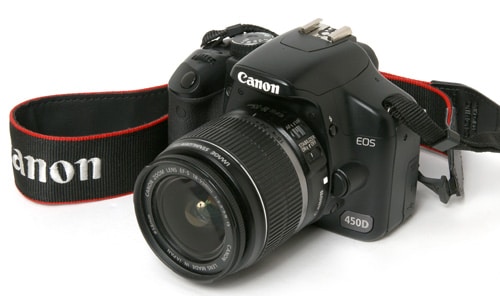
As far as the camera’s age was concerned, my limit was three years. I wanted to keep it within this limit mainly so the camera would manage a reasonable ratio between ISO and digital noise — older cameras still had trouble with this.
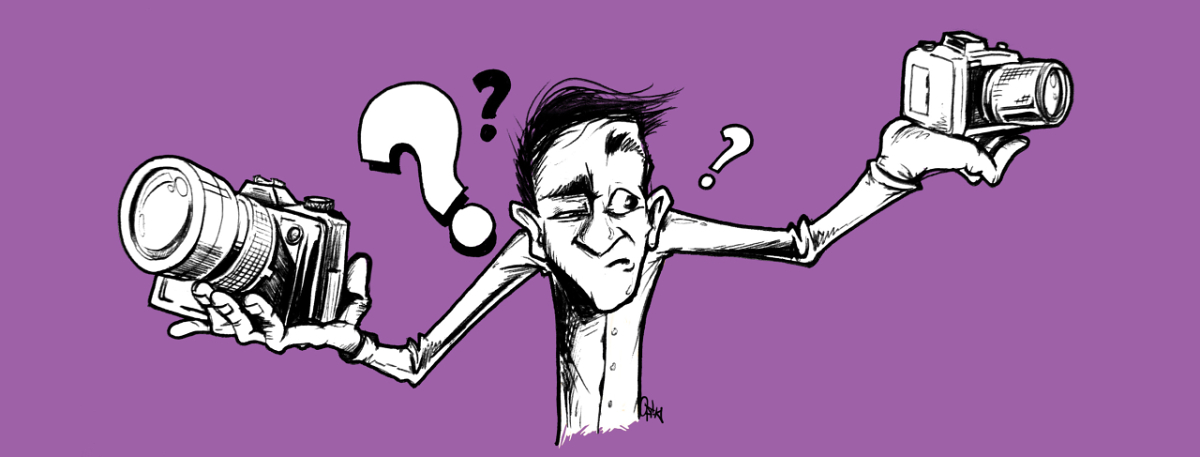
As far as the camera’s age was concerned, my limit was three years. I wanted to keep it within this limit mainly so the camera would manage a reasonable ratio between ISO and digital noise—older cameras still had trouble with this.
After long discussions I let myself be convinced that I do not need video. Looking back, my friends were right: I was buying the camera to enter the world of photography, not videography. With that in mind I chose a Canon EOS 450D body, for the equivalent of a bit over 300 dollars. I then went on to put half again of that into my first lens—a Canon EF 50 MM F1.8 II. I bought the lens brand-new, because the second-hand offering in that class was as expensive as new. I bought a fixed lens because lens speed was important to me, and universality less so. After buying a camera bag (I couldn’t imagine life without it, this here is no compact) my final costs were equal to about 460 dollars. Of course it’s up to everyone how much they personally want to invest in their new hobby, but now I know that “what they say”—that a more expensive camera means prettier photos—isn’t true.
No matter what your pictures are like at the start, it’s likely that just like me you will feel a huge urge to show them to everyone no matter whether they’re good or bad… but that relates to my second point:
2. Once You Start You Can’t Go Back
This isn’t just praise, it’s a warning! I’ve seen it in other people and I yet never thought it would end up hitting me too: photography is addictive. I soon realized that my thoughts were constantly returning to my camera bag, that I was constantly thinking about what and how to photograph, that I was spending a large amount of time at my computer going through my best pictures and just as much time learning about the other people’s experience with equipment or watching if the lens of my dreams had dropped at least a little in price. In an unbelievably short time, this led to a new item sneaking its way into my monthly budget: savings for lenses.
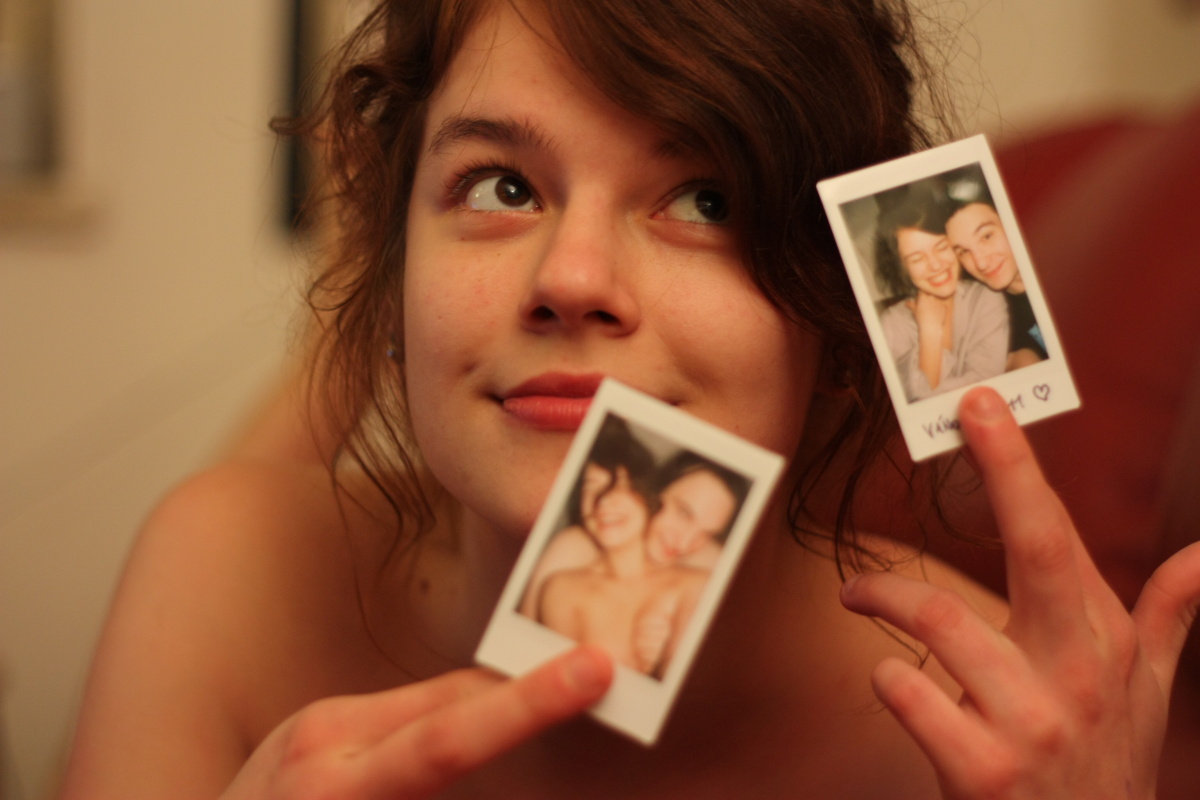
What makes this warning really important is that photography has the power to change your life. It is a beautiful, but also demanding hobby, and I’m not just talking about money. For example, I went on to give my girlfriend a Fujifilm Instax for Christmas. And I received a Polaroid. We are simply both crazy about photos now. And so I warn you: photography takes time, space, and a lot of energy. And this leads up to:
3. Photography Is an Art and a Science
Nobody is born an expert photographer. No matter how strong their visual talent is, they must learn the basics of photography. That’s also why we are starting this blog. The foundations of photography are not a breeze, and moving up from the “I have no idea what I’m doing” stage to actually taking advantage of what your camera has to offer requires both lots of practice and reading up on these basics. When I first came here to Zoner, my workmates’ conversations were all Greek to me—nothing but ISO’s, crops, and bokehs, and what the heck were all those? To this day I still sometimes slip up and stutter that a camera has a “stopper.”
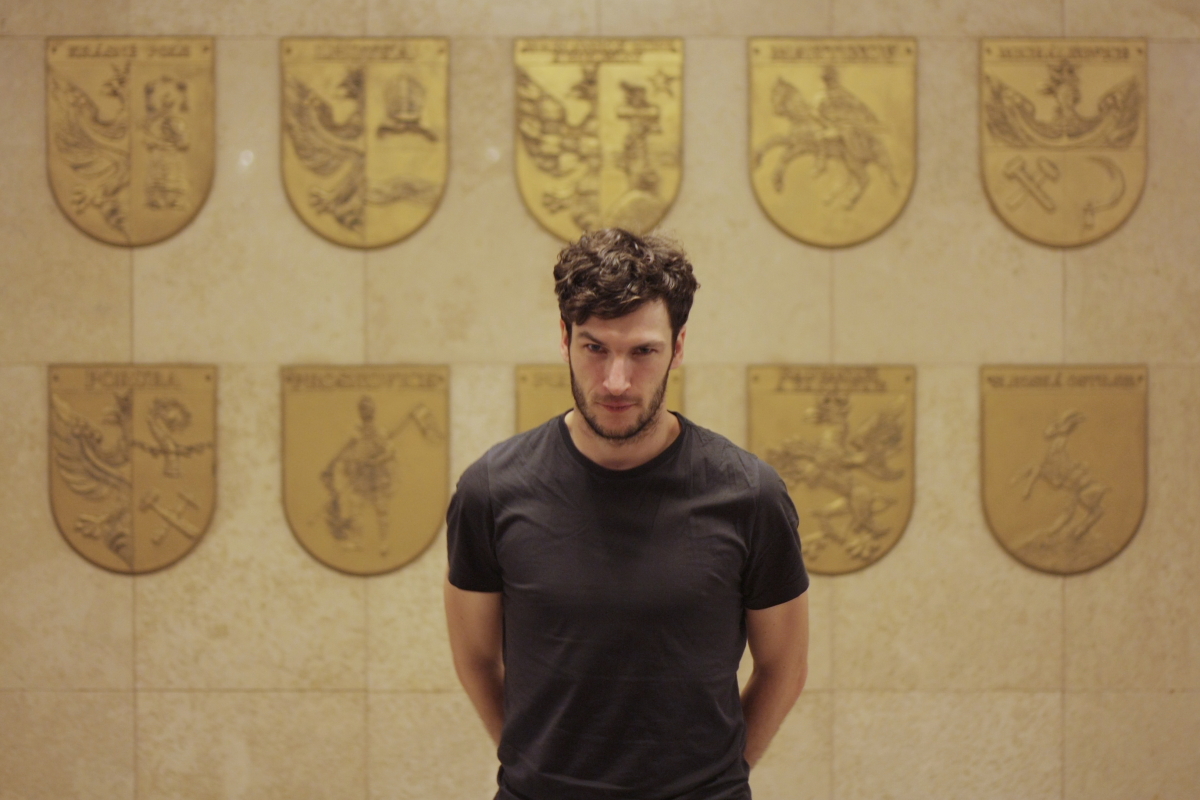
And so: read. Read our blog. Read other photo websites, there’s certainly enough of them out there. Buy a book. Go to an exhibition and view other people’s photos. Save the ones that you like and would like to emulate. But the most important thing:
4. Take. Pictures.
Keep shooting. Constantly. Even if 90% of your pictures you can’t even get sharp and the other 10% are still ugly: take pictures. There really is no other road to starting to take good pictures. And every photographer will tell you this. Try out a variety of genres and try following some tutorials.
Experiment. Take pictures of your loved ones, take a camera when you head out on the town, simply take pictures of everything. Only practice will help you get better, find the subject of your heart, and find your style.
I’ve got my fingers crossed for you!
Author of this article is Zoner Inc. employee. The views expressed in this article are those of the author and do not necessarily represent the views of, and should not be attributed to, Zoner Inc.

david webb
very good advice,thank you.
Zoner
We’re very happy you like it! Thank you.